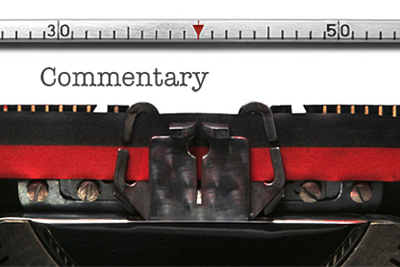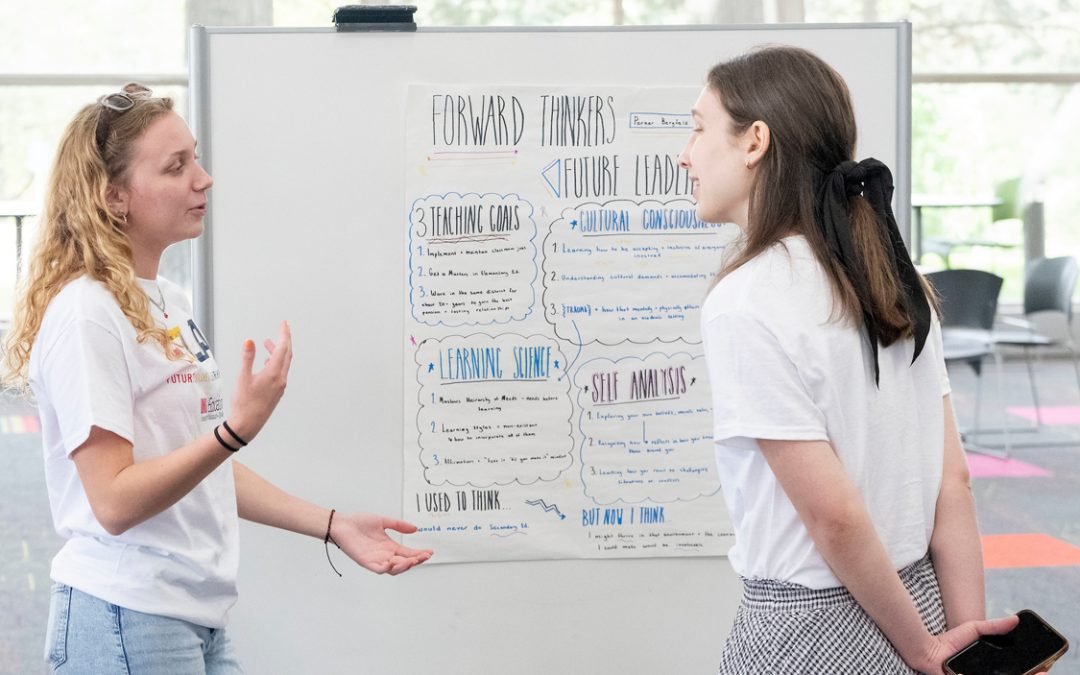Commentary is a regular UMSL Daily column written by members of the UMSL community.
By LOIS PIERCE
Although April is National Child Abuse Prevention Month, the School of Social Work at the University of Missouri–St. Louis, with its emphasis on child welfare, is involved with child abuse prevention all year. Graduates learn effective interventions with abusive parents and their children. This is critical if we are going to prevent further abuse.
The Children’s Bureau National Child Abuse and Neglect Data System indicates that almost 5,700 Missouri children were substantiated victims of abuse in 2010. Child abuse and neglect often has lasting effects including emotional and behavioral problems. Youth who have been abused are 25 times more likely to be involved in delinquency and to use drugs. Prevent Child Abuse America estimates that the effects of child abuse and neglect cost society $69 billion a year.
Although prevention programs have been working overall, the one area in which we are not making progress is in abuse and neglect that result from parental substance abuse. In our state 18 percent of abused children have parents who are abusing drugs and 11 percent have parents who are abusing alcohol. Often the two risks are found together.
Missouri has a substantially higher number of methamphetamine lab seizures, 1,744 in 2011, than any other state in the country, according to the Drug Enforcement Administration. A large number of these meth labs are found in Jefferson County, which has one of the state’s highest numbers of children placed in out-of-home care because of parental substance abuse.
The School of Social Work has responded to these problems in several ways. First, it has collaborated with the Missouri Department of Social Service’s Children’s Division to educate students who, as graduates, work with abusive parents and their children. More than 200 graduates of the school have participated in this program and many are now working as supervisors and specialists who train other employees in the Children’s Division.
A second response has been to collaborate with the Jefferson County Juvenile Court’s Family Drug Treatment Court. The school received funding from the Bureau of Justice to evaluate the services provided to the county’s families who had a child removed because of parental substance abuse. The FDTC is a demanding program that requires a year of therapy, parenting classes, job training and other services. Because the services are intensive and there is room for only about 10 participants at any time, another promising service, Child-Parent Relationship Therapy was also evaluated, as was treatment as usual.
We found that parents working with the FDTC were seven times more likely to have their children return home than the other parents. Parents participating in PCRT were two times as likely to have their children returned. Children of FDTC participants were in out-of-home care on average 200 days less than children who were in regular care, a huge savings for the state in foster care costs. In interviews with participants, families who participated in the FDTC and the specialized parenting course describe being better able to understand their children’s emotional needs and being better able to deal with the stress and anxiety that had led to substance abuse. They had more confidence in themselves and looked forward to being with their children.
Programs like the FDTC and PCRT are essential components of any child abuse prevention program. And, we believe that our graduates who work for state agencies are well-prepared to understand the kinds of services needed to treat the stress and isolation, many times combined with substance abuse that lead to child abuse.
Lois Pierce is the director of the School of Social Work at UMSL.















